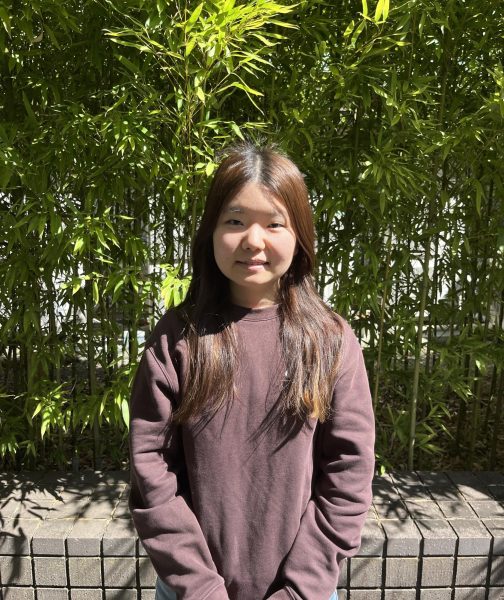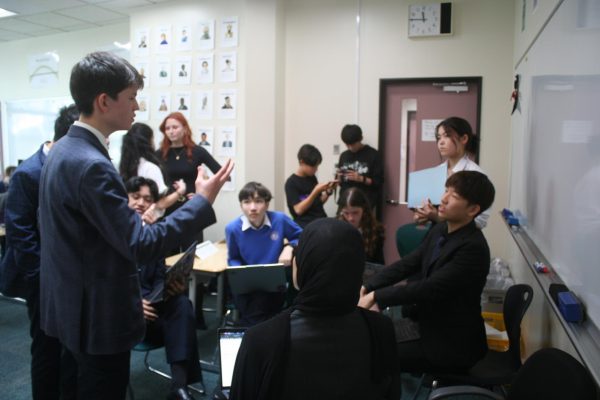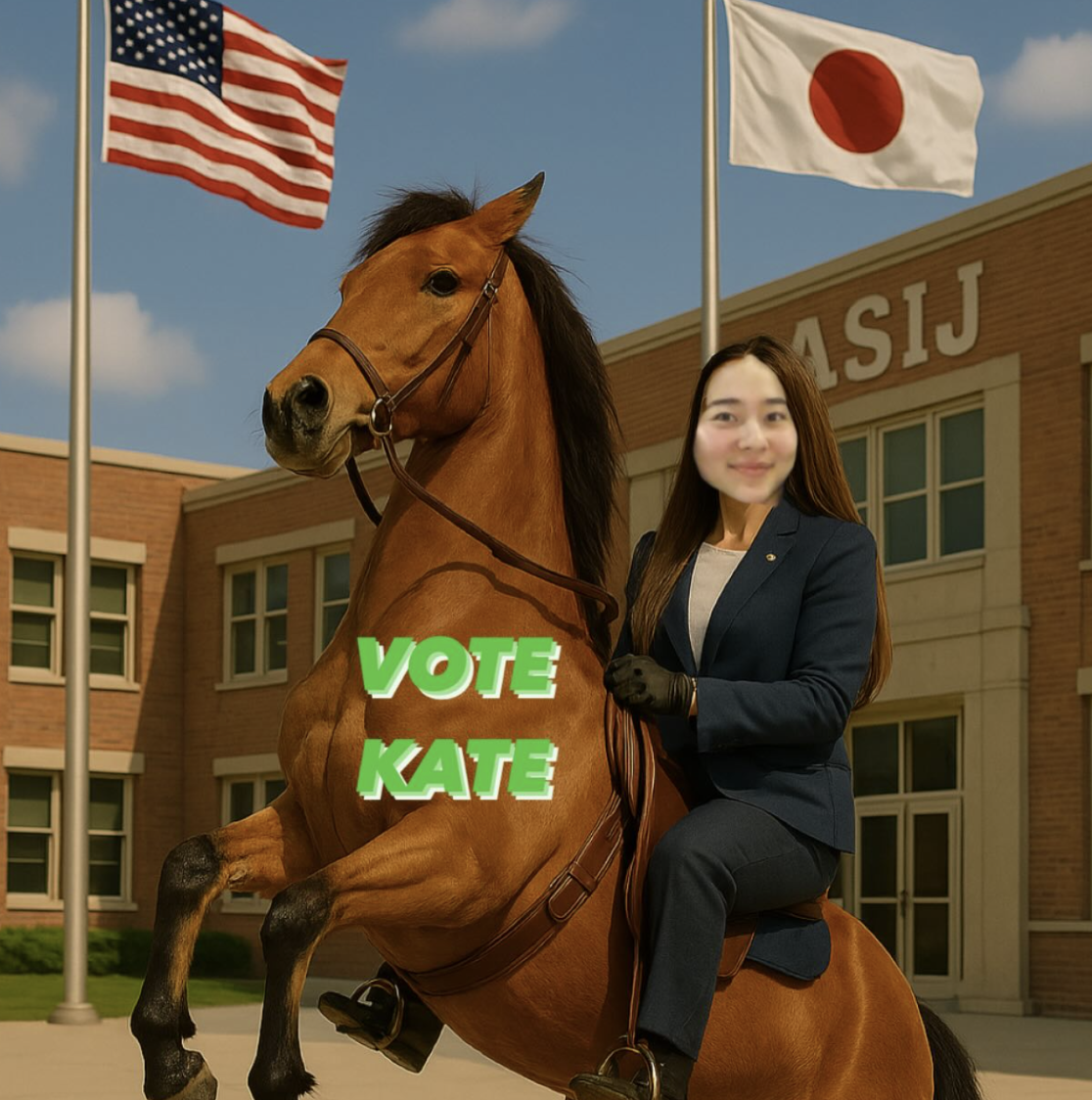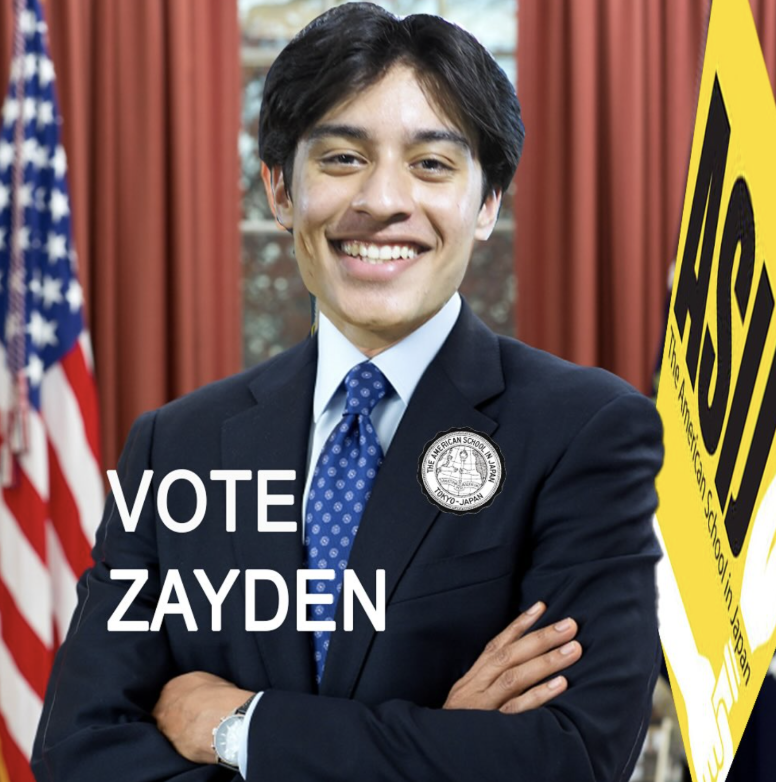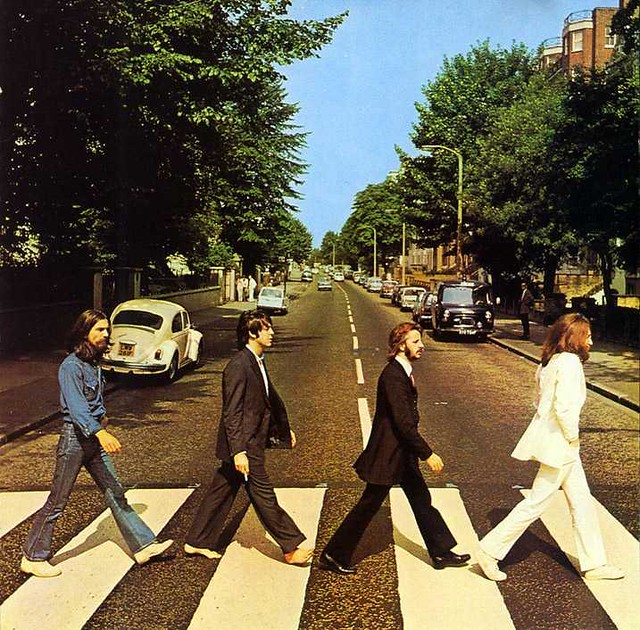How Will AI Shape an ASIJ Education? A Conversation with Dr. Hardin (Part 1)
February 22, 2023
The recent launch of ChatGPT, a predictive text artificial intelligence that can generate stunningly human-like responses to different prompts, has sweeping implications for educational institutions worldwide. Amid fears of cheating, New York City’s Department of Education has recently blocked access to the site. Universities have also been scrambling to upgrade their plagiarism softwares to detect bot-written work.
Alongside the emergence of other AI-based technologies, at its core ChatGPT signals a paradigm shift in the way we learn, process, and synthesize information.
While developments in AI have sounded the death knell of education to some, while presenting a golden opportunity to enhance the classroom experience to others, there is a consensus that education is transforming rapidly. Amidst these changes, students and teachers will inevitably be forced to adapt as well.
Hanabi talked to ASIJ Head of School Dr. Jim Hardin about these developments in AI and their role in shaping the future of education at ASIJ and beyond. We explored how education could and should change in the face of these innovations, touching on fundamental questions that have emerged in the midst of these modern developments: Will ChatGPT lead to the death of thinking? Should modern education focus on asking questions instead of answering them? Will the value of education decrease or increase, as AI grows more intelligent?
These were a set of conversations that delved into the purpose of education, how education safeguards against totalitarianism, and the value of an educated mind in the Age of Acceleration. Outlining his vision of an ASIJ community, Dr. Hardin provided an illuminating lens through which we can view the future of not only an ASIJ education, but education more broadly.
In your view, what effects will AI have on education generally? What questions or concerns should educators have in mind when navigating this great transformation?
It’s amazing, isn’t it? I’ve been playing around with it, seeing what I could do with it, asking it questions, and I have to admit, it’s amazing. What I would say is, of all the changes that I have seen in my career, this is actually the biggest shift in education that I have seen. I think it potentially will not only create smaller shifts in how we think about what we teach, but how we teach—why we teach when we teach different concepts. I think all of those things are going to be up for greater conversation going forward.
In my own view, it’s going to change what education looks like because it’s going to change what the future workplace looks like. We, in schools, need to be much more thoughtful not just about preventing cheating but thinking about how we need to help students—especially students who are younger. We need to learn what they need to know so that they can actually be successful, happy, and productive in a brave new world that is coming because of these developments.
So, I really think it’s an extraordinary change to the landscape of education. I think schools have to think differently because when you have that kind of power of artificial intelligence at your fingertips, it’s going to change the way we work. The way we socialize. The way we understand and know things to be true or not true. It’s just an extraordinary thing.
But that doesn’t mean hurry up and change tomorrow. But it means that schools like ASIJ would be irresponsible if we weren’t thinking about the future of education. Asking ourselves what schools are going to look like 5 or 10 years from now, thinking differently about what we teach, how we teach it, why we teach it, and when we teach it—all those things need to be much more thoughtfully, and not just the immediate response of “How do we stop students from cheating?” We really need to think differently about what we need to do as a school to make sure that we’re helping our students in the future.
To your point about ChatGPT and cheating, I feel as though AI has exposed a lot of flaws in our education system, along with potentially fundamentally changing it. For example, some colleges have altered their reading analysis prompts so that they require more depth and thought, as opposed to standard, bland comprehension questions. I was curious about your thoughts on the potential erosion of human-produced work in academics—in creative domains, even—and how best schools could adapt to these developments in AI.
What’s extraordinary about the moment we’re in right now is the capacity of AI to do creative work, as you mentioned. That’s what I did not understand or did not think was coming so soon. I had a feeling that artificial intelligence would be able to do rudimentary logical thinking, but they now have the ability to actually be creative. I thought that creativity was going to be a special domain of ours or a gift for a long time. So, what we have to think about now is: What are the particular skills and competencies our students need that will advantage them in this new world where artificial intelligence is so common and widespread?
For the longest time, models or systems of education like ASIJ have really been designed to prepare you for opportunities to go to college or university, right? And much of what we’ve done has really been based on an academic curriculum, with the question of “What do students need to know?” The key word is “what.” It’s figuring out the content you need to know. Here are the facts that you need to know. Here are the things you need to be able to do. In terms of where education is changing because of the power of artificial intelligence, we have to be much more focused on how students learn, rather than what they learn. In your phone, you have the extraordinary power to get to know the what in a matter of seconds. It’s really around the how and the why that we need to be much more thoughtful.
I think that you’ve highlighted the broader clash between what we are learning and how we are learning quite clearly. Connecting this to our own community, what specific measures are ASIJ taking in preparing their students for entry into a rapidly changing world?
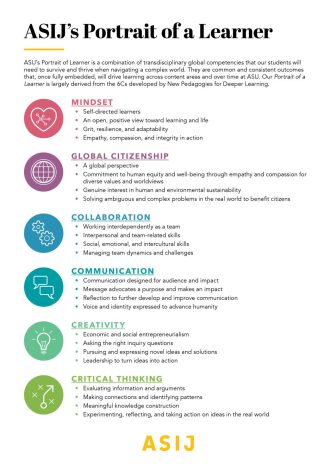
This is what we call a Portrait of a Learner [see graphic]. What I hope for every ASIJ student is that we learn to teach and coach around these progressions; these were developed after really careful research done by the Organisation for Economic Co-operation and Development (OECD), which looks at the skills that companies want from you decades from now. All of this work is really focused not on today, but on what we know about the future workplace, and what professions are going to be in demand. Five or more years from now, what might that look like?
Deep learning and our Portrait of a Learner framework are a reorientation from an education that’s built on the facts to an education that’s built on the how—of learning the ability to be a high-level thinker who can reflect on their own learning, make adjustments, make changes, sometimes unlearn things that they thought were right. What the goal of a 21st-century education will become is the development of metacognition: thinking about thinking, and having the ability to control your own learning process.
I believe our direction for ASIJ concerns thinking deeply about learning and about how to equip our students so that they are at a super high level of sophistication as learners, not just test-takers. The truth is, there is a super high level of sophistication in student ability, whether it is the ability to collaborate or communicate or to think critically or think creatively. It’s pretty amazing stuff.


